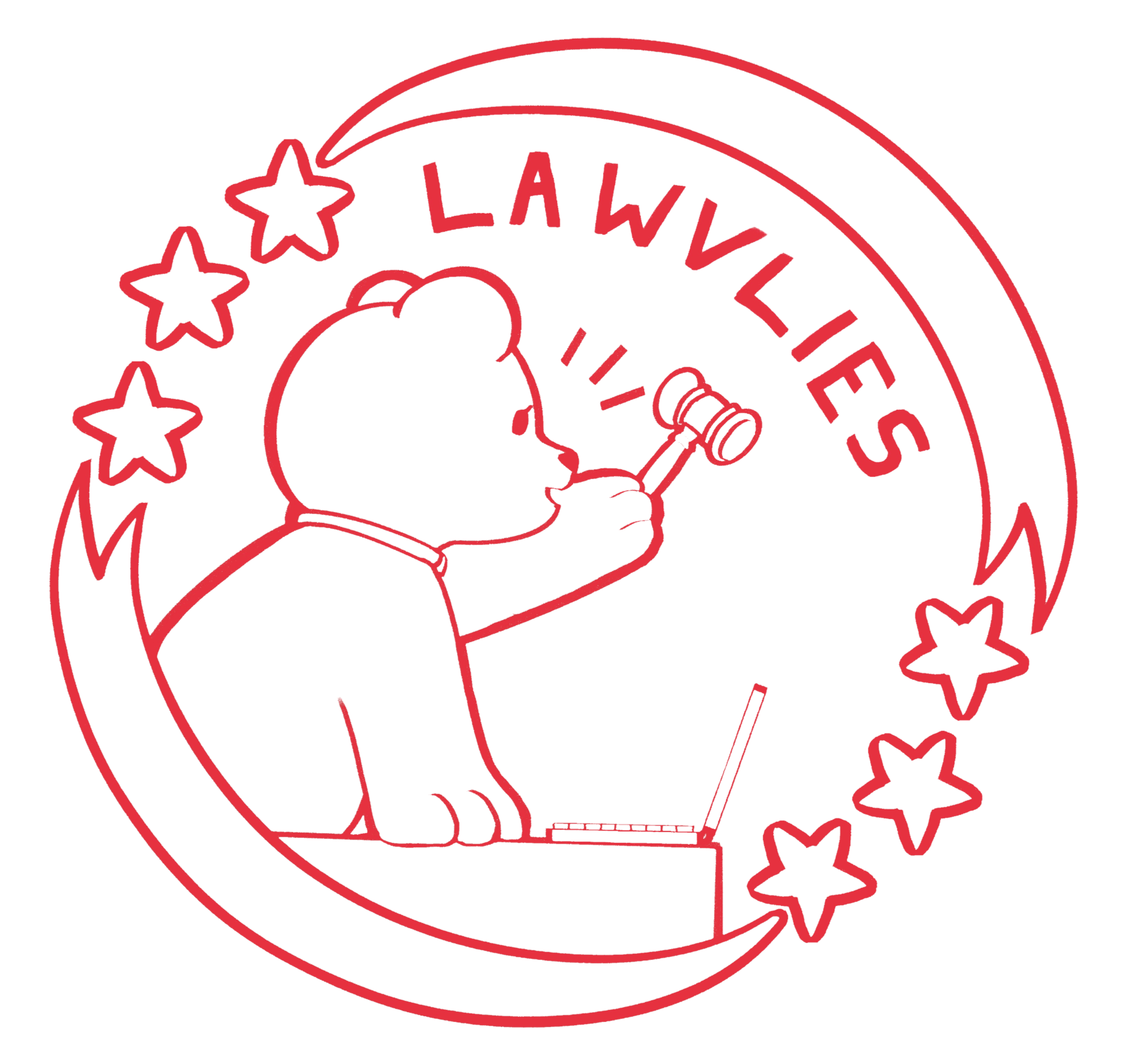Sean “P. Diddy” Combs: can power buy silence?
- Lawvlies
- Jul 8, 2025
- 3 min read

Once praised as a big shot in the music world, Sean “P. Diddy” Combs is now at the center of multiple disturbing allegations — ranging from physical abuse to sexual assault and human trafficking. The man who once stood atop the music industry is now being investigated by federal authorities, with recent videos and testimonies revealing a darker side hidden behind money, fame, and power.
But this isn’t just another celebrity scandal. The legal case surrounding P. Diddy forces us to ask difficult questions: How many people knew and stayed silent? How long can power protect predators? And what happens to justice when fame stands in its way?
Sean Combs, also known as P. Diddy and previously Puff Daddy, is an American rapper, entrepreneur and record producer; author of the famous song "I’ll Be Missing You", has been accused of serious crimes.
From 2023 to 2025, multiple women have come forward to accuse Sean "P. Diddy" Combs of severe abuse. The allegations are not about one incident — they report a sequence of violence, control, and exploitation that spanned decades.
The first public lawsuit was filed in 2023 by singer Cassie Ventura, Combs’ former partner, who claimed she endured years of psychological and physical abuse. Her voice opened the door for others: several women (some anonymous) reported similar experiences, including rape, beatings, and being forced into sex acts with others under Combs’ control.
In 2024, federal agents raided Combs’ homes in Los Angeles and Miami. They seized electronic devices, weapons, and surveillance videos that allegedly showed assaults.
On May 5, 2025, the trial of Sean “P. Diddy” Combs officially began in the Southern District of New York. A packed courtroom, twelve jurors, and the eyes of the entire country — it was a case that felt less like a trial and more like a reckoning.
Over several weeks, 34 witnesses were called to testify. Among them were Cassie Ventura, former employees, bodyguards, and two women identified as Jane Doe 1 and 2. Their testimonies painted a disturbing and consistent picture: a man who used money, fear, and manipulation to maintain complete control over the people around him — especially women.
According to the witnesses, Combs didn’t act alone — he used his wealth and influence to build an environment where violence and intimidation were part of everyday life. The accusations describe “freak-off” parties, private jets used to transport victims, and a network of supporters who helped cover everything up. Some survivors were underage at the time of the alleged abuse. Some of the most shocking evidence included:
- A leaked surveillance video showing Combs violently assaulting Cassie in a hotel hallway
- Private flight logs tracking cross-state travel of alleged victims
- Text messages and emails showing attempts to intimidate or silence people
A former bodyguard testified that he was ordered to destroy tapes after one of the assaults Combs was charged with five federal crimes, including:
- Sex trafficking
- Racketeering, which is a set of illegal activities aimed at commercial profit. - Transporting people across state lines for prostitution (Mann Act)
- Illegal surveillance and recording
- Possession of unregistered weapons
However, on July 2, 2025, the jury found him not guilty of the two most serious charges — sex trafficking and racketeering. But he was found guilty of transporting individuals for sex work and owning illegal recordings. These are still serious federal crimes, punishable by up to 20 years in prison.
The judge denied his request for bail, and he remains in federal custody, awaiting sentencing.
P. Diddy’s case is about more than one man — it’s about the systems that protect people in power. For years, survivors stayed silent out of fear. Many tried to speak up, but were ignored, threatened, or discredited. It’s a painful reminder that celebrity status often acts like a shield, allowing abusers to avoid consequences for far too long.
